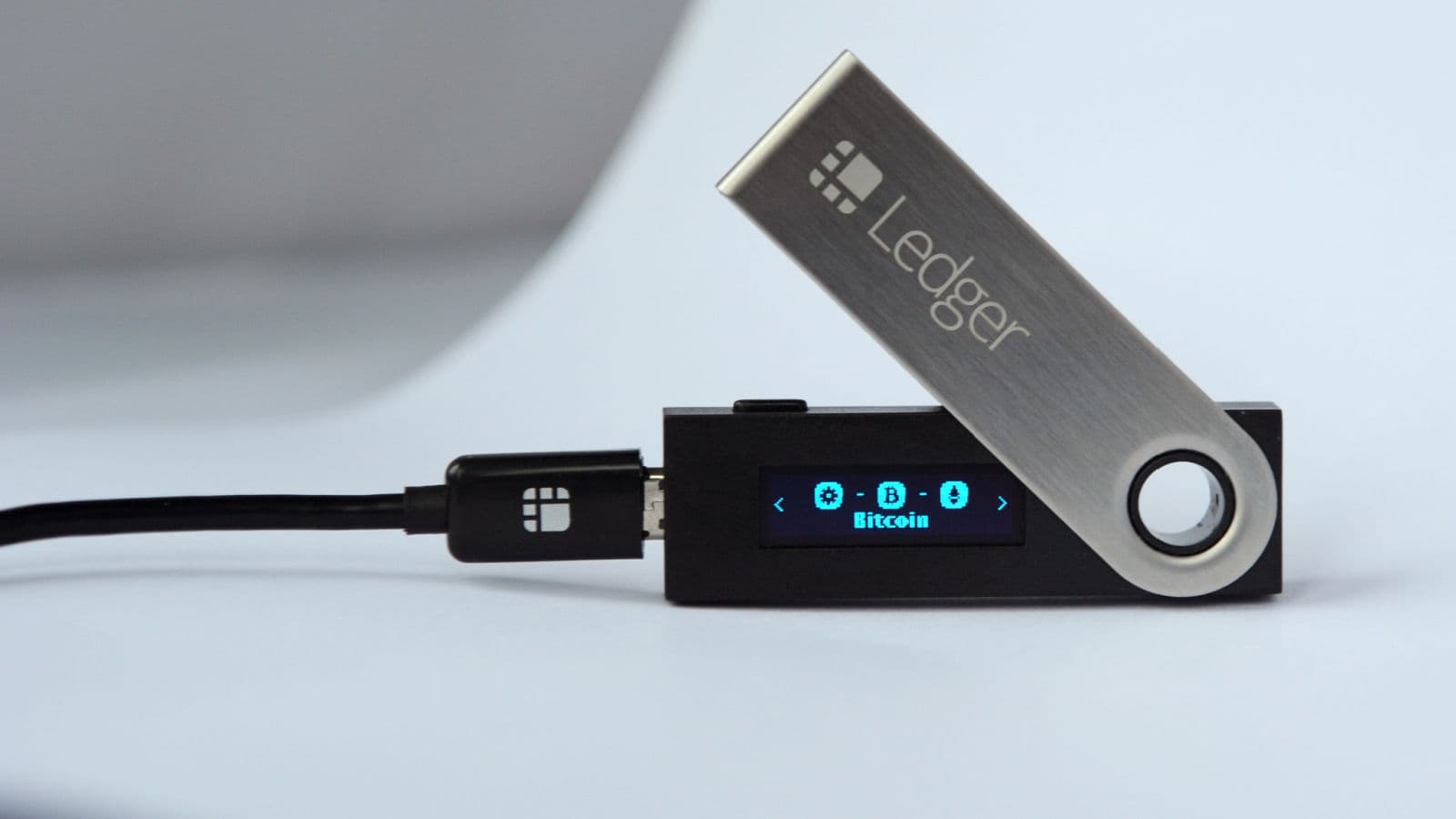Ledger Rolls Out ‘Crypto Life’ Debit Card Across UK and Europe
A string of crypto scandals has spurred interest in Ledger cold wallets — but sometimes you just need a real-life card to spend some

Source: Shutterstock
Crypto wallet maker Ledger is rolling out its crypto debit card across the UK and Europe, as a string of scandals in the ecosystem spurs interest in self-custody solutions.
Ledger’s Crypto Life (CL) card allows users to move crypto between Ledger hardware wallets and card accounts via companion app Ledger Live.
While the card supports the French firm’s cold crypto wallets — which promote self-custody — CL is developed by London-based fintech Baanx, which states that “it’s not a bank” on its website.
Similar to other crypto cards already on offer, customers can earn 1% crypto rewards in bitcoin or USDT, or 2% in Baanx’s native token BXX, when funds are spent. Users can also receive paychecks denominated in bitcoin, ether or other stablecoins.
Lithuanian banking-as-a-service provider Contis Financial handles custody of all funds kept on the card. Baanx’s website states that Contis Financial is authorized by the Lithuanian central bank, however card funds will not be covered by the country’s Financial Services Compensation Scheme or Deposit Insurance System.
“No other compensation scheme exists to cover losses claimed in connection with the account and associated card,” Baanx says in an FAQ. “We will however ensure that any funds received by you are held in a segregated account so that should we become insolvent your funds will be protected against claims made by our creditors.”
Like Mastercard, Visa supports crypto cards issued by several companies including Coinbase and Binance. Binance’s branded card is similar to Ledger’s — in fact it’s also managed by Contis — but the rewards are in BNB and held on the exchange.
Ledger card promotes self-custody, until it’s time to spend crypto
Ledger says it received over 400,000 waitlist signups for CL, after first announcing the program at the Ledger Op3n conference in Dec. 2021.
Customers can use their cards at some 90 million merchants and online stores accepting Mastercard across the UK and Europe. “We now have an easy and secure solution to pay with crypto that also allows you to self-custody until you want to top up,” said JF Rochet, vice president of international development at Ledger.
Ledger partner Baanx no doubt hopes adoption of the product might boost the price of its BXX token. The startup first sold BXX at $0.12 in an initial coin offering in 2019, with 56% of the supply designated for the public.
BXX now trades for about $0.012 — down 90% from its initial sale price and 97% below its $0.40 record last October. The token boasts a meagre market value of $430,000 after jumping about 25% Thursday morning, a few hours ahead of the press release embargo.
Crypto-compatible cards were also popular with ill-fated lending platforms Celsius, Voyager and BlockFi, with those products all directly threatened by their respective liquidity crises.
Ledger’s card differs slightly in that Ledger users can directly transfer crypto from cold storage for spending and back again — rather than from centralized entity to card. The firm has claimed that 20% of all digital assets are held on Ledger devices.
Sales for Ledger devices actually spiked following Celsius’ collapse as crypto investors rethought who they trust with their assets. In an email to Blockworks, a Ledger spokesperson said: “We warn customers every time they top up that the funds are no longer self-custodied on their Ledger, so ideally they would top up what they need to use, when they need to use it.”
US-based Ledger users eager for a debit card will still have to wait a few months. A US rollout was earlier pegged for Q2 this year, however a spokesperson said it would arrive “in the coming months.” The US card will use Visa instead of Mastercard.
Get the news in your inbox. Explore Blockworks newsletters:
- The Breakdown: Decoding crypto and the markets. Daily.
- 0xResearch: Alpha in your inbox. Think like an analyst.






